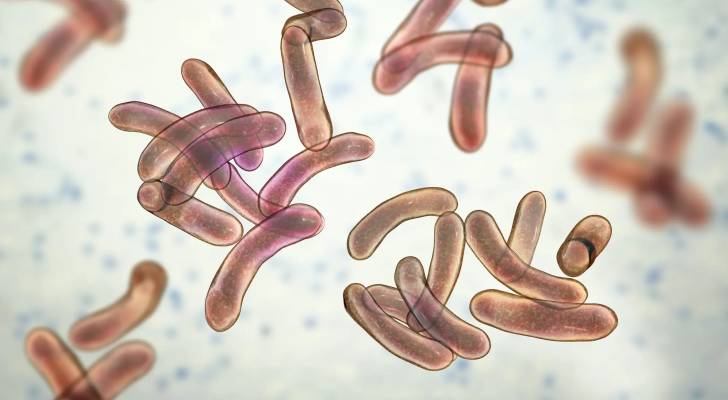Government addresses claims of cholera-contaminated water in Jordan
Government addresses claims of Cholera-contaminated water in Jordan
The government has confirmed that the waters of the Yarmouk River and King Abdullah Canal are free from any contamination. It stated that regular laboratory tests are conducted according to a specified program, alternating between ministries and official institutions to ensure continuous water safety.
Government Communication Minister and official spokesperson Dr. Mohannad Al-Mubaidin said specialized committees from the ministries of Water, Irrigation, Agriculture, and Health found that monitoring programs for water sources and verifying the quality and safety of the Yarmouk River and King Abdullah Canal waters meet Jordanian water standards and are completely free from contaminants, including "cholera."
Al-Mubaidin explained that technical committees took samples from the intake of the tunnel beneath the Yarmouk River, which supplies the King Abdullah Canal. All tests from various agencies confirmed the safety of the river and canal waters, ensuring the safety of drinking water and irrigation water for crops according to Jordanian standards.
According to the minister, the Ministry of Water, through the Water Authority/Laboratories and Quality Affairs and the Jordan Water Company - Miyahuna, along with the Environmental Health Laboratories at the Ministry of Health, implements an advanced monitoring program on canal waters and several sensitive water sources, including wastewater treatment plant outlets across all governorates to detect cholera bacteria. This program, which began in September 2022, is ongoing.
Al-Mubaidin noted that technical teams conducted field visits through Miyahuna on August 4, 2024, and sample results showed that neither the tunnel nor the Dajaniya intake nor the Zai station intake contained toxigenic strains of Vibrio cholerae.
On August 6, 2024, samples were collected by the Water Authority/Laboratories and Quality Affairs, Miyahuna, and the Ministry of Health's Environmental Health Laboratories from sections of the King Abdullah Canal. These samples were taken from the tunnel beneath the Yarmouk River, representing the river's discharge into the canal, and the Dajaniya intake, representing the discharge of Lake Tiberias into the canal. These tests confirmed that both samples were free from toxigenic strains of Vibrio cholerae.
The Ministry of Agriculture also conducted several tests on agricultural water samples in various laboratories, with no presence of pathogenic cholera bacteria found. This includes soil and fruit tree samples.
Al-Mubaidin added that the Ministry of Agriculture, through the Soil and Water Directorate, the Plant Protection Directorate, and the Plant Production and Laboratory Departments, continues to conduct periodic preventive tests on products from all production areas to ensure their quality and safety.
Although no vegetables or leafy greens are grown along the Yarmouk River, some fruit tree crops (such as citrus and guava) are grown, all of which have tested 100 percent safe.
The minister emphasized that monitoring programs for water sources and their quality, whether for drinking or agriculture, are based on strict oversight from source to user, with all necessary laboratory analyses to ensure quality, compliance with Jordanian standards, and alignment with global standards for drinking and irrigation water.
This ensures the safety of water, crops, and compliance with international health, environmental, and food quality standards, including the quality and safety of our agricultural exports.
Minister Al-Mubaidin confirmed that the private sector handles the export and import of agricultural products, and the government will take all necessary reciprocal measures as per the principle of reciprocity.
Recent claims from non-Jordanian platforms alleged contamination in water sources affecting Jordanian agricultural products. However, these claims are refuted by official technical laboratory results in the Kingdom – per the statement.




